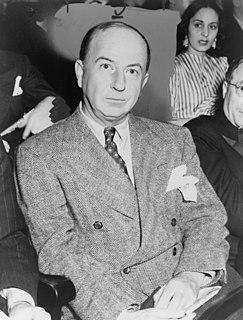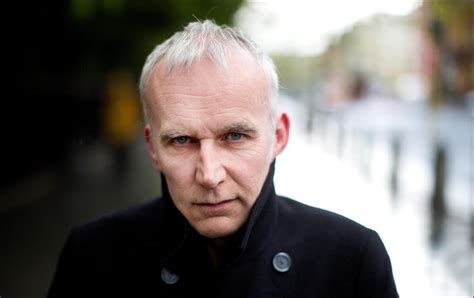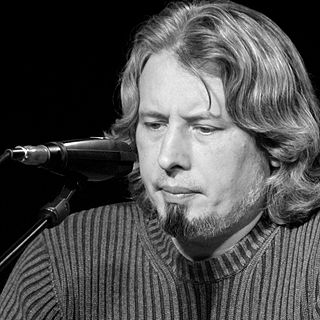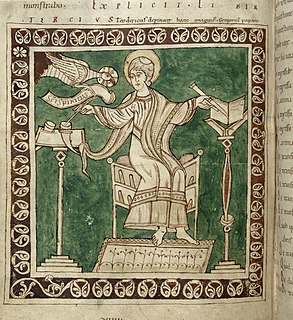A Quote by Stark Young
My father used to say: "Never suspect people, It's better to be deceived or mistaken, which is only human, after all, than to be suspicious, which is common."
Related Quotes
The greatest human virtue bears no proportion to human vanity. We always think ourselves better than we are, and are generally desirous that others should think us still better than we think ourselves. To praise us for actions or dispositions which deserve praise is not to confer a benefit, but to pay a tribute. We have always pretensions to fame which, in our own hearts, we know to be disputable, and which we are desirous to strengthen by a new suffrage; we have always hopes which we suspect to be fallacious, and of which we eagerly snatch at every confirmation.
As naturally as the ruled always took the morality imposed upon them more seriously than did the rulers themselves, the deceived masses are today captivated by the myth of success even more than the successful are. Immovably, they insist on the very ideology which enslaves them. The misplaced love of the common people for the wrong which is done to them is a greater force than the cunning of the authorities.
If idioms are more to be born than to be selected, then the things of life and human nature that a man has grown up with--(not that one man's experience is better than another's, but that it is 'his.')--may give him something better in his substance and manner than an over-long period of superimposed idiomatic education which quite likely doesn't fit his constitution. My father used to say, 'If a poet knows more about a horse than he does about heaven, he might better stick to the horse, and some day the horse may carry him into heaven'
I just wonder what has been the effect on the human soul of nearly a century in which we have regarded sex on screen as generally better than the sex we actually have, the sex which is, in fact, much better than anything we have seen in the movies, becuase it's sex, after all, and in the movies, it isn't.
[To the cultures of Asia and the continent of Africa] it is the Western impact which has stirred up the winds of change and set the processes of modernization in motion. Education brought not only the idea of equality but also another belief which we used to take for granted in the West-the idea of progress, the idea that science and technology can be used to better human conditions. In ancient society, men tended to believe themselves fortunate if tomorrow was not worse than today and anyway, there was little they could do about it.
There are many points in the history of an invention which the inventor himself is apt to overlook as trifling, but in which posterity never fail to take a deep interest. The progress of the human mind is never traced with such a lively interest as through the steps by which it perfects a great invention; and there is certainly no invention respecting which this minute information will be more eagerly sought after, than in the case of the steam-engine.
Human life in common is only made possible when a majority comes together which is stronger than any separate individual and which remains united against all separate individuals. The power of this community is then set up as right in opposition to the power of the individual, which is condemned as brute force.
Christianity has ever been the enemy of human love; it has forever cursed and expelled and crucified the one passion which sweetens and smiles on human life, which makes the desert blossom as the rose, and which glorifies the common things and common ways of earth. It made of this, the angel of life, a shape of sin and darkness ... Even in the unions which it reluctantly permitted, it degraded and dwarfed the passion which it could not entirely exclude, and permitted it coarsely to exist for the mere necessity of procreation.
As man reaches out toward the twenty-first century, he will learn to be suspicious of all ideas that are not formulated so that they can be tested by observation. He will realize that the history of human thought shows that the ideas of which we are surest are the ones we most need to test. He will realize that his common sense only mirrors his training and experience. What seems natural and right to him is usually a reflection of the conditions under which he spent his first decade of life.
There is more joy in heaven over a converted sinner than over a righteous person standing firm. A leader in battle has more love for a soldier who returns after fleeing, and who valiantly pursues the enemy, than for one who never turned back, but who never acted valiantly either. A farmer has greater love for land which bears fruitfully, after he has cleared it of thorns, than for land which never had thorns but which never yielded a fruitful harvest.






































